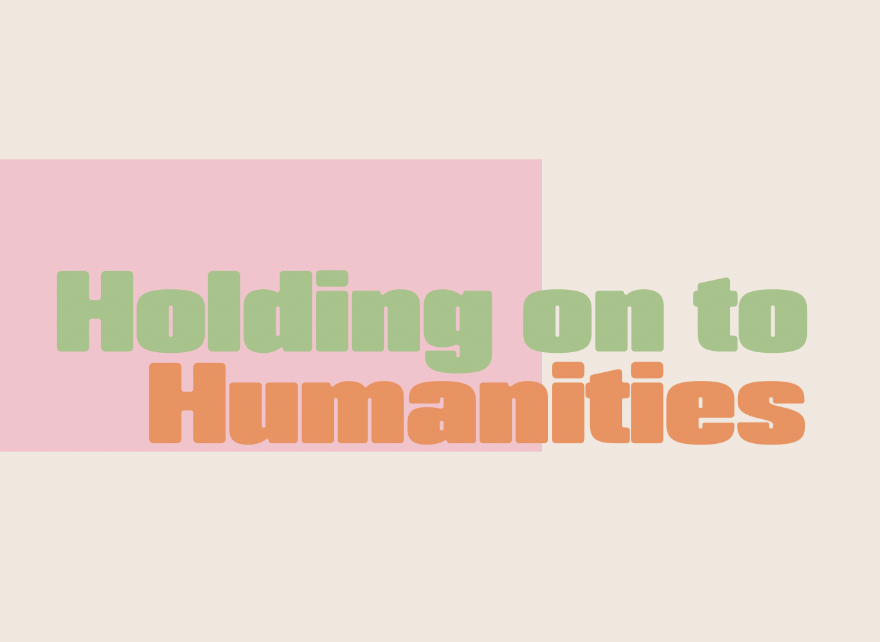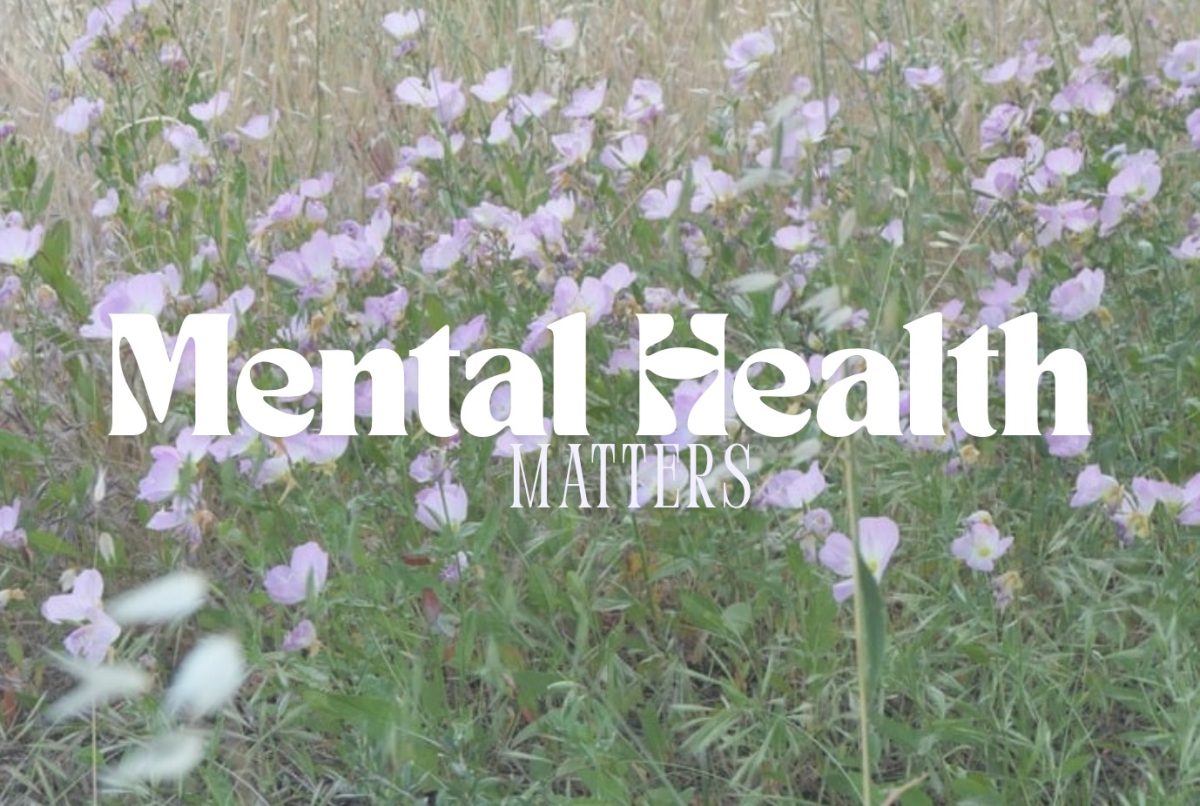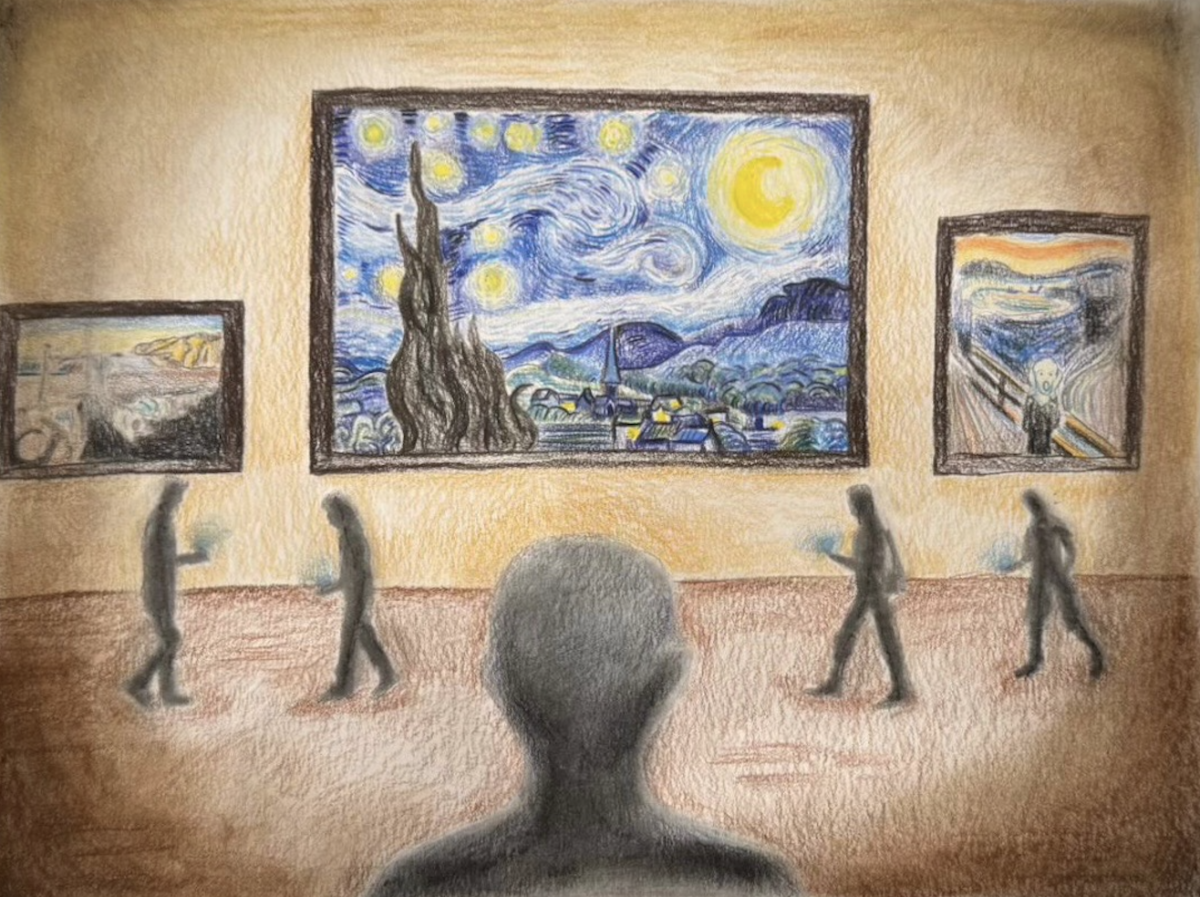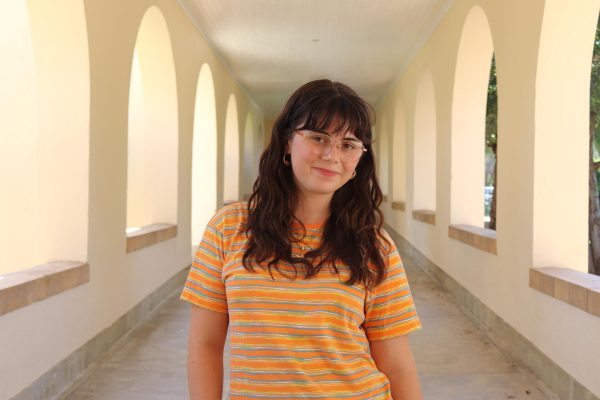When I first tell people I’m going to study philosophy in college, they give me a thin-lipped smile and ask, “But what are you planning on doing with that?” Though most of the time the question is genuine — today, most people cannot fathom what someone could accomplish with a humanities degree — it gets exhausting to have to explain why I’m pursuing the humanities.
Our lives in the 21st century are host to a world of technological advancements few thought were possible, a new dawn for the computer science revolution, the age of artificial intelligence. Everyone, since I was a child, has been telling me to get a degree in one of the STEM fields — science, technology, engineering and mathematics.
Admittedly, I’m incredibly lucky to live in Silicon Valley — Palo Alto is a city of growth and innovation, and the opportunities presented to me are boundless. That being said, in Silicon Valley, as well as the broader United States, there has been a recent devaluation of the humanities, stemming from a wider cultural and intellectual movement that prizes and prioritizes STEM degrees and careers.
The humanities, as many see them, are a grouping of subjects, all tied together by ancient Greek figures, overly pretentious critics and dense, pedantic literature. However, what I believe many people overlook is that the humanities are vital for human innovation.
Take Isaac Newton, a key player in the Scientific Revolution and a renowned physicist. Many people remember him as “the apple guy,” or from his three laws used in physics classrooms around the world. Yet, his ideas about physics were actually derived from philosophy — at the time, in the 17th century, physics was a branch of philosophy better known as natural philosophy.
In addition, Albert Einstein, a renowned mathematician and physicist, was also deeply intertwined with philosophy. He went even as far as to say that philosophy is essential for scientific work. Einstein employed philosophy as a means to dig deeper into the foundations of physics and promote critical thinking, thereby unearthing new discoveries.
These instances of intersection between STEM and humanities subjects are not just limited to physics and philosophy, though that is one of the more obvious connections. The arts have influenced many discoveries and innovations, and the opposite is true — innovation leads to art.
Many people forget we live in a world where there is no either/or and there is no black or white. We cannot solely prioritize STEM careers and pathways because the soul of humanity also lies in the humanities.
In recent years, many universities have begun to cut back on humanities majors and defund certain programs. In 2020, the annual number of humanities undergraduate degrees awarded was below 200,000 for the first time in 20 years.
As we inch towards a world increasingly reliant on technology, this decrease in the number of humanities graduates might not seem like a problem — yet, it is still an urgent issue. As machines begin to replace jobs that humans used to occupy, employers are seeking people who are competent, critical thinkers. Many of these skills that employers are looking for come from humanities degrees.
In fact, many employers believe that a humanities degree will be beneficial in the age of AI, as it is challenging to replicate critical thinking with machines. Additionally, between 2013 and 2030, in the United Kingdom, up to 900,000 jobs could be generated in creative industries.
We have always required humans to inspire other humans, and those jobs — humanities jobs — could never be replaced by technology. When machine-assisted learning doesn’t prove as effective as real teachers, who will educate the future generations? When AI-generated art doesn’t satisfy critics, who are the real artists who will step up? When the culinary arts become overwhelmed by incompetent chef robots, who are the cooks who will take back the kitchen?
For what are the humanities if not a culmination of all human thought and creative expression? We have only become blinded by our greed for a machine-assisted world, choosing to spend our time and resources on what we think will generate the most money for us and our culture. A STEM degree will always be useful — we are always innovating. At the same time, as more of our lives become so ingrained with technology, it’s imperative that our society sustains the humanities. The humanities are not dead — they never have been, and they never will be.









